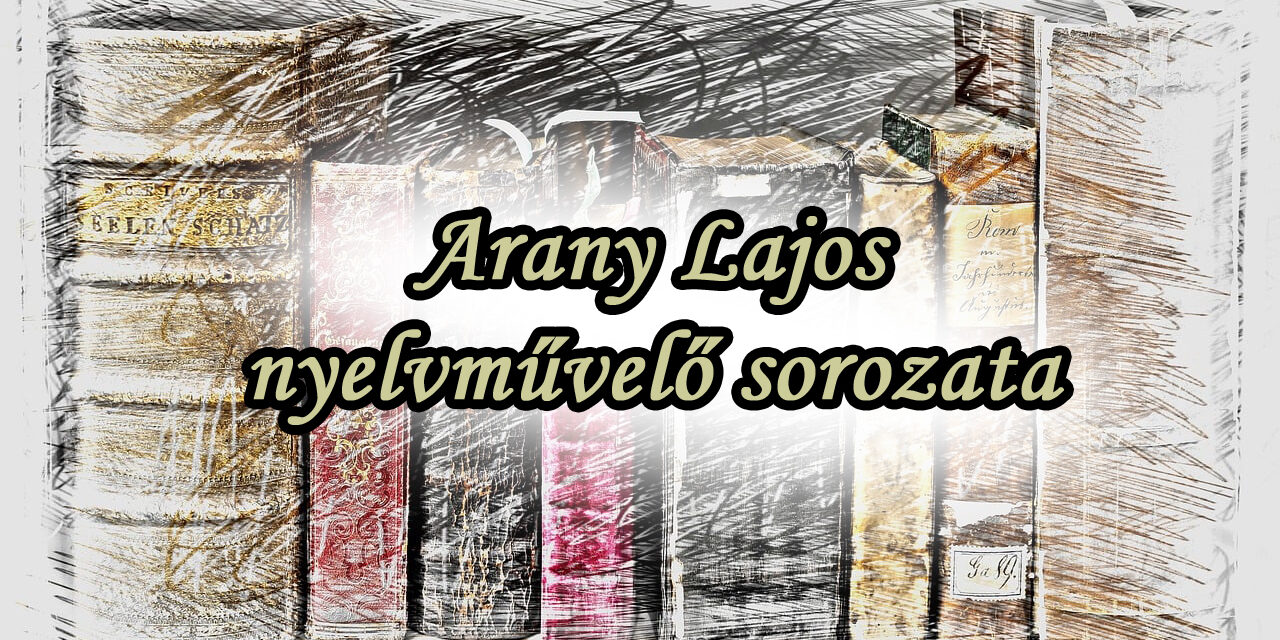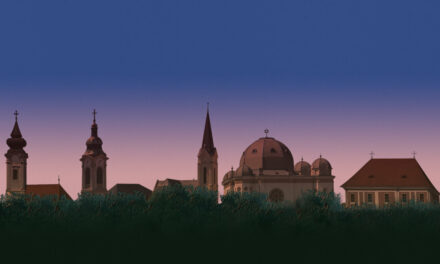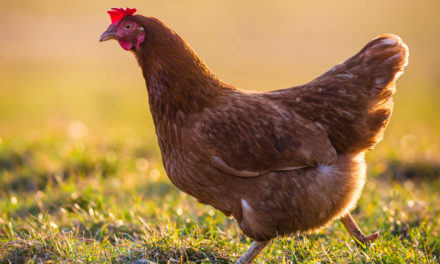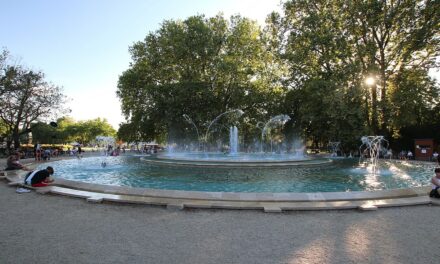It is a sign of education when public speech mentions contemporary styles, but we shake our heads when these terms are used in a sense far different from their original meaning - as a new linguistic fad.
the Renaissance is "the great upsurge of science, literature and art reflecting the interests and views of the urban bourgeoisie in the 14th-16th centuries. century, or its age". In terms of art and art history, it is "the fine art direction of this era that further develops antique forms and strives for realism" - as the Hungarian interpretative hand dictionary succinctly defines it. And it also indicates the third meaning: 'rebirth, revival of something'. In the latter sense, the use of this word is accurate and justified if it is in some way connected or in contact with the basic historical and artistic meaning. E.g.: "Renaissance of art and science"; "Renaissance of literary coffeehouses"; "The Renaissance of Opera in China"; "Renaissance of a Renaissance man" (the witty, pun-filled title of an article praising the writer Miklós Bánffy).
However, this noun and the structure created with it have spread - especially in the language of the media - to areas of life that have very little to do with the quoted, original definitions. And it is used without a collar - not primarily as a synonym for the first and second meaning - 'revival, revitalization, revivification, renewal' - but mainly in the words '(again) , it's in fashion, it's in the habit, it's used in many places, moreover, at the expense of the Hungarian equivalents that fit the context better! They usually refer to: something has a new fashion, something is in vogue again, a symptom of the age, something is (again) (common) custom, (again) fashionable, chic . This sometimes gives rise to amusing statements: "The renaissance of "; "The new renaissance of "; " Renaissance of "; "The renaissance of may come in the automotive industry"; "Here is the renaissance of ?"; Renaissance of the lace bra "; Renaissance of broken brick ". Or: "The investment home purchase is experiencing a renaissance"; " is experiencing a renaissance"; "Nowadays, is experiencing a renaissance , mainly organic farmers have felt the message of the age"; "the well-known process of composting has been transformed, we can also say that composting is experiencing a renaissance "; "I see that the earthworm is experiencing a renaissance ".
Three paradoxical examples follow. " Renaissance of "; " Renaissance of Art Nouveau "; "The plucked string instrument, which enjoyed considerable popularity in the Baroque era, seems to be experiencing a renaissance ". These texts, by cramming into a single communication distant concepts in terms of age, character, and idea - here contemporary styles, stylistic trends, creating a linguistic mixture of these - bring about an evolution of linguistic meaning.
And speaking of the Baroque following the Renaissance - "the 17th and 18th European style and direction of the 20th century, which is characterized by passionate activity and the proliferation of decorative elements", we list examples of fashionable conversational and media language that refer to this period style - also diverting it to meaning planes alien to it. We could also put it this way: "baroque exaggeration" is experiencing a renaissance...
Here it is: " It is a baroque exaggeration to call the meeting a public debate"; " a baroque exaggeration to say that the critics fainted" from the film; "in reality, calling this a buffet is a somewhat baroque exaggeration "; "Much stronger is a baroque exaggeration , but it's certainly not a bad championship" (the end of the report is correct: ...not bad at all...); "I bought a waterproof case for my phone... Let's say the case is a baroque exaggeration , rather a bag made of harder material!"; "to say that the category is completely amateur is a baroque exaggeration "; " It is a baroque exaggeration to refer to the performance series as a festival"; "that we were looking for it, the baroque exaggeration , we found it almost the first time"; " It's a baroque exaggeration to call breastfeeding the way you put your child to sleep at night" (a celebrity); " It is a baroque exaggeration to say that the current nest does not provide space to satisfy the movement needs of the chicks"; "The name of the festival is a baroque exaggeration "; "the fact that Real cannot win against Barca is a baroque exaggeration "; "the couple of hours they spend clowning around at the counter baroque exaggeration "; "We had breakfast. Although this is a baroque exaggeration on my part, I couldn't bear to eat”; "With a little baroque exaggeration , I can say that I understand fashion". The slang also "found" this contemporary style: "Even though the girl is really a shapely girl, the grade of ten is a baroque exaggeration ".
It would have been enough in any communication, e.g. one of these: exaggeration, overestimation, exaggeration, exaggeration, exaggeration, exaggeration, exaggeration, exaggeration, exaggeration, bragging, boasting.
The problem is not only that these two (art) historical concepts have become a buzzword, and the structure created with them has become a fashion expression, but also that many people have no idea what they are talking about when they use the word combinations containing these cited terms. At least it is not a "baroque exaggeration" to say that quite a few cited examples raise this suspicion; which was intended to flaunt education, often produced amusing language forms. However, from a different perspective, this is no longer a smiley face, but rather a sad symptom of the age of language.
Golden Lajos
February 21 is International Mother Language Day.












